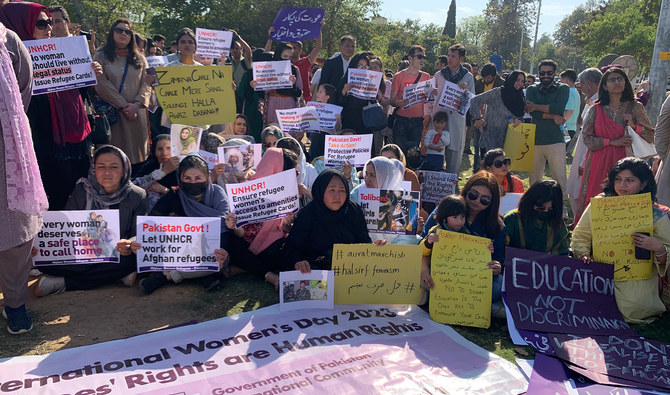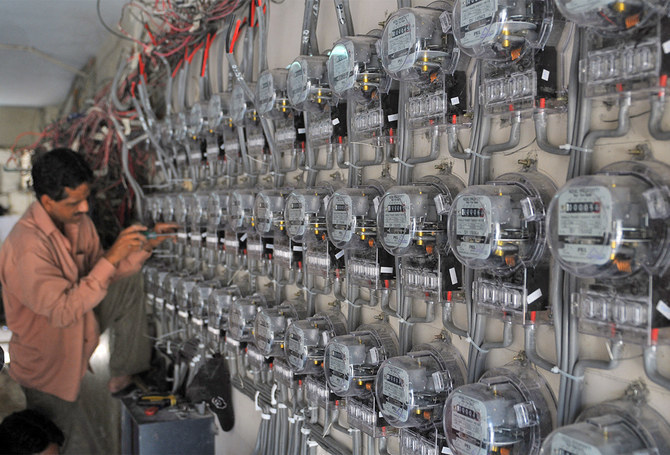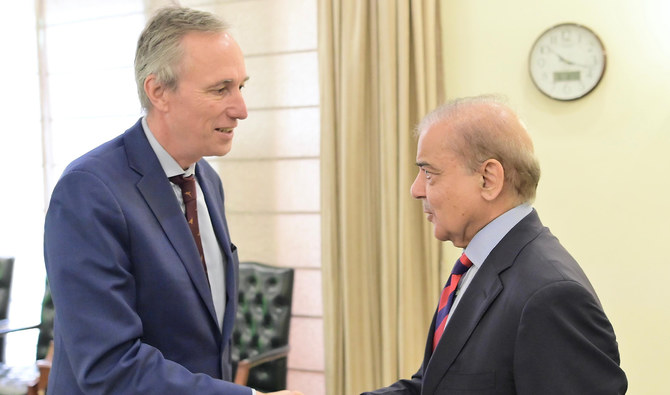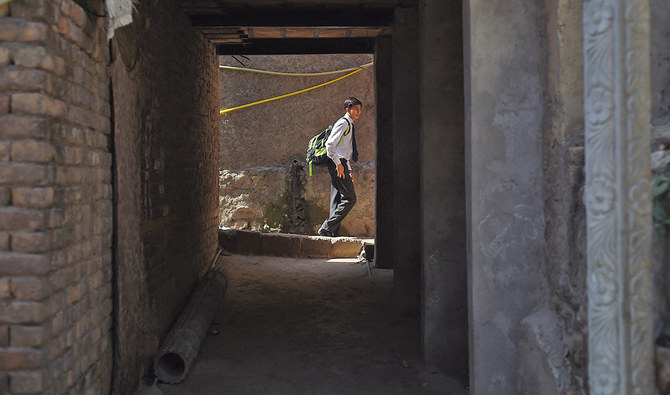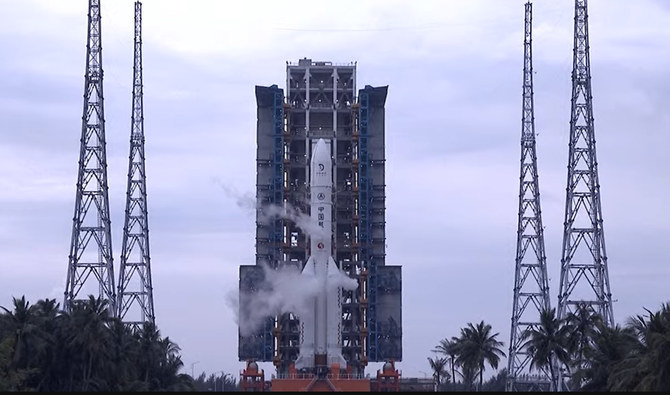ISLAMABAD: An annual International Women's Day march in Pakistan's capital was marred by violence on Wednesday, as scuffles broke out between police personnel, attendees of the march, and media persons as hundreds of women took to the streets to demand equal rights and an end to femicide.
The "Aurat March" (Women's March in Urdu) is an annual event that is held across Pakistan to observe International Women's Day on March 8. The pro-women rallies have faced a backlash from conservative forces since they first began in 2018. In 2021, blasphemy allegations were leveled at the marchers following tampered video clips of a demonstration that emerged on social media.
Despite the challenges, organizers maintain the march aims to raise awareness of pressing issues faced by Pakistani women, including violence and sexual exploitation. Nevertheless, the organizers have also faced serious backlash, including threats of murder and rape, highlighting the ongoing struggle for women's rights in Pakistan.
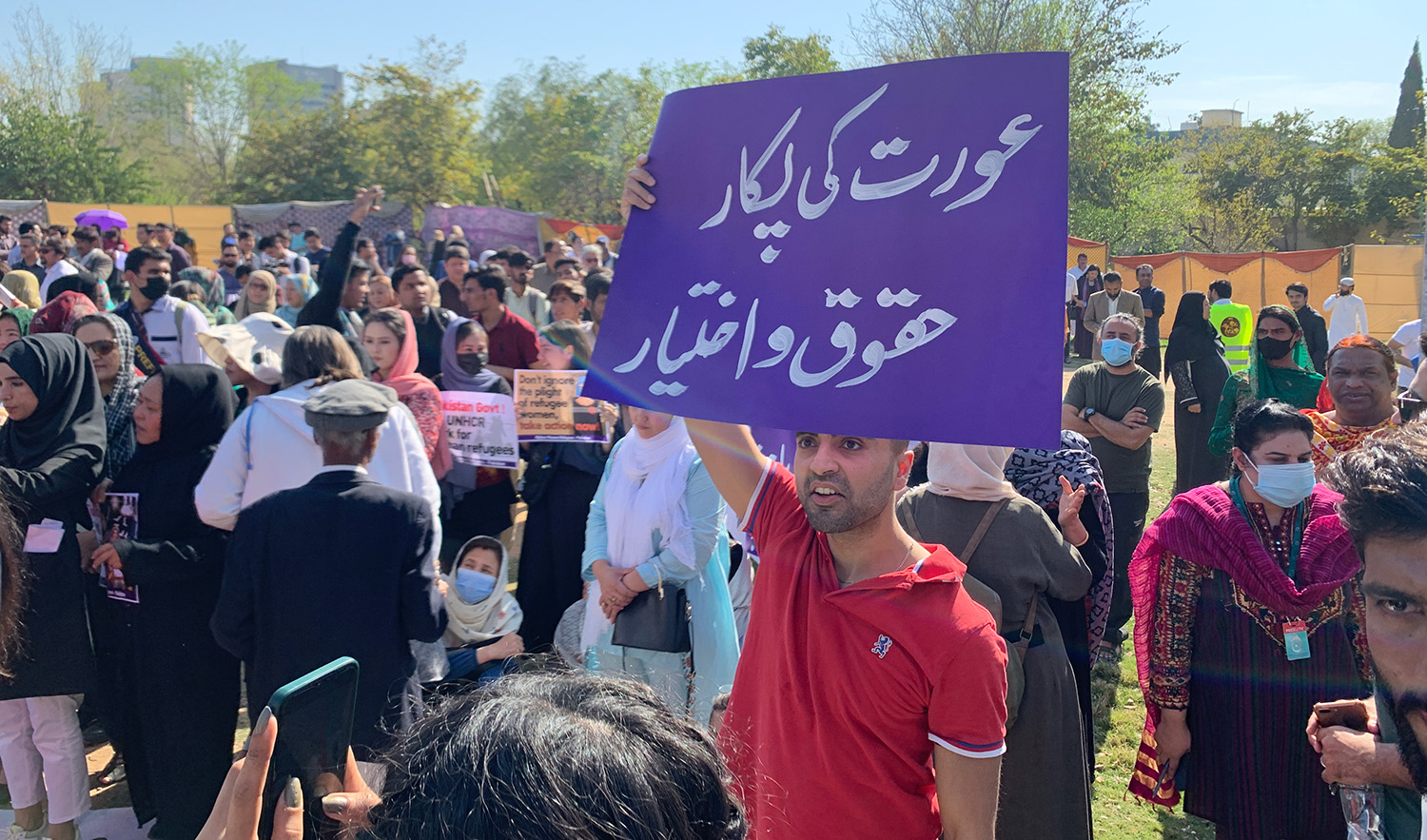
A man holds a placard at a Women's Day rally in Islamabad, Pakistan on March 8, 2023. (AN photo)
As scores of charged-up men, women, and transgenders chanted slogans demanding an end to patriarchy, scuffles broke out among marchers and police personnel when they attempted to cross a road blocked by containers and barbed wires but were stopped by police, who wanted to hold a security check for the marchers.
In one of the videos that emerged on social media, police can be seen baton-charging marchers after a heated argument between both sides. In another video, the marchers can be seen hitting media persons with utensils as a brawl ensued between both sides.
Taking notice of the incident, Interior Minister Rana Sanaullah said the police personnel involved in the baton-charging incident have been suspended.
“The police personnel involved in baton-charging participants of the women's march have been suspended,” he said in a Twitter post, adding that others responsible would also face action.
“It is very unfortunate as these gatherings should be peaceful in all cities and no one should commit violence against anyone,” Pakistan’s climate change minister, Sherry Rehman, told reporters as she arrived on the spot following the scuffles.
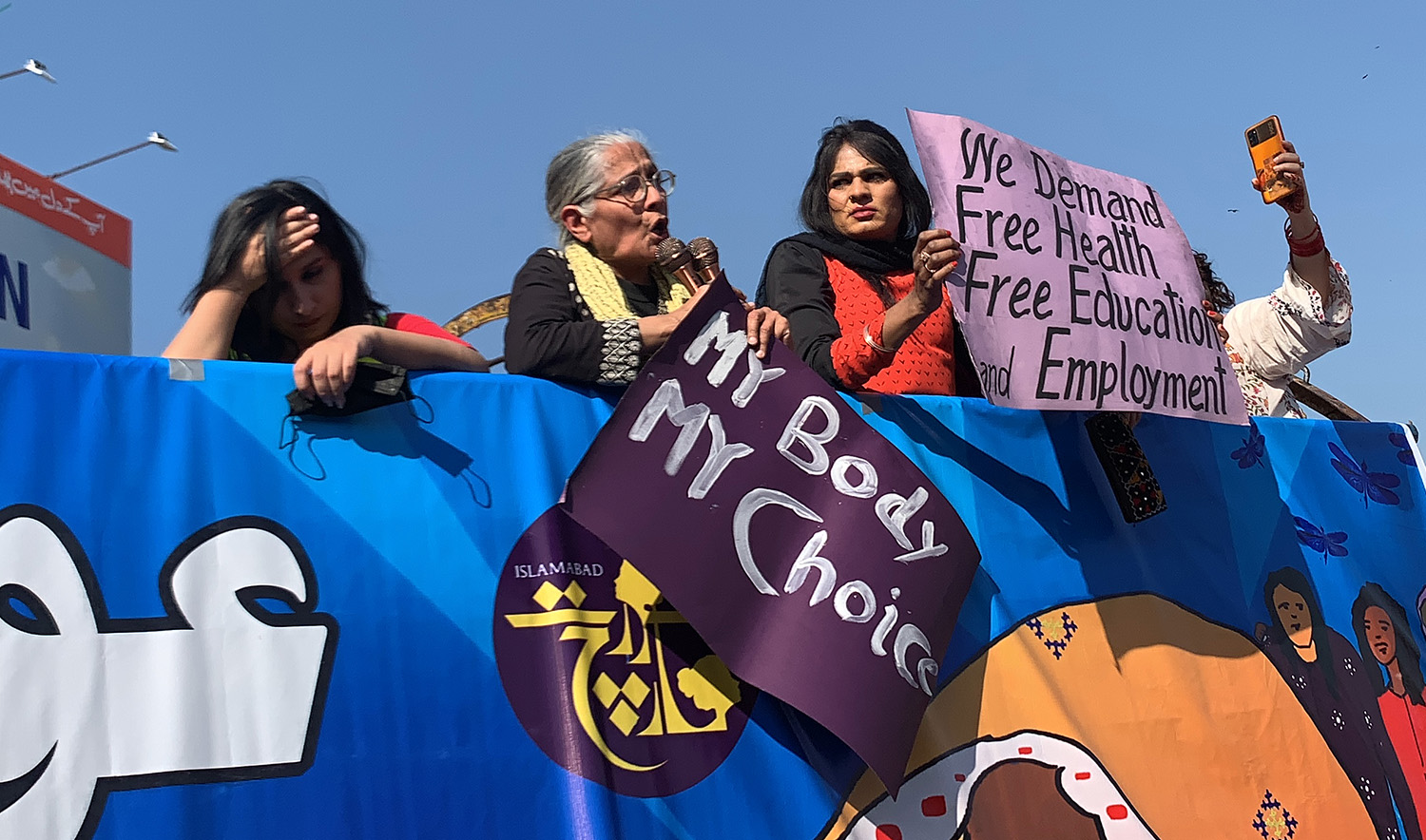
Rights activist Tahira Abdullah speaks at a Women's Day rally in Islamabad, Pakistan on March 8, 2023. (AN photo)
Women's rights activist Tahira Abdullah criticized the Islamabad administration for torturing participants of the march. "We are unarmed and peaceful women as we do not carry guns or grenades like the Taliban but we are treated like terrorists,” Abdullah told Arab News.
She criticized the government for not issuing a no-objection certificate to the marchers despite them applying for it three months earlier.
“We condemn and protest strongly and call upon Prime Minister Shehbaz Sharif, former president Asif Ali Zardari, and Foreign Minister Bilawal Bhutto-Zardari to initiate an inquiry against Interior Minister Rana Sana Ullah and religious affairs minister, Mufti Abdul Shakoor, and force them to resign if they cannot give you an explanation,” she added.
Speaking to Arab News, Dr. Mariyam Mohsin, a participant, said for women to take to the streets to protest for their rights is the need of the hour.
“The country in which a woman is raped in the federal capital and the city administration does not cooperate after that, then this is the barest of the minimum that we can do, to come on the streets for our rights,” she told Arab News.
Hania Imran, a youth climate activist, said Pakistan had seen unprecedented floods last year which impacted millions of women who were still waiting for their homes to be reconstructed.
“Women were more affected than men because they are more marginalized and dependent,” she told Arab News, adding that they had gathered at the march to demand authorities include women in decisions related to climate change.
“They feel that we are not worthy of seeking advice on these issues which is not true for the modern women,” she added.
Speaking to Arab News from Peshawar, an Aurat March organizer, Saima Munir, said this year the activists in Pakistan's Peshawar city—the capital of the northwestern Khyber Pakhtunkhwa province—were sensitizing women about their rights unconventionally by visiting different BRT (bus rapid transit) stations.
“We changed our way this year and instead of marching, we are gathering at different stations of the BRT to distribute pamphlets regarding women's rights and fight against harassment,” she said, adding that activists sensitized women in teams at different stations.



